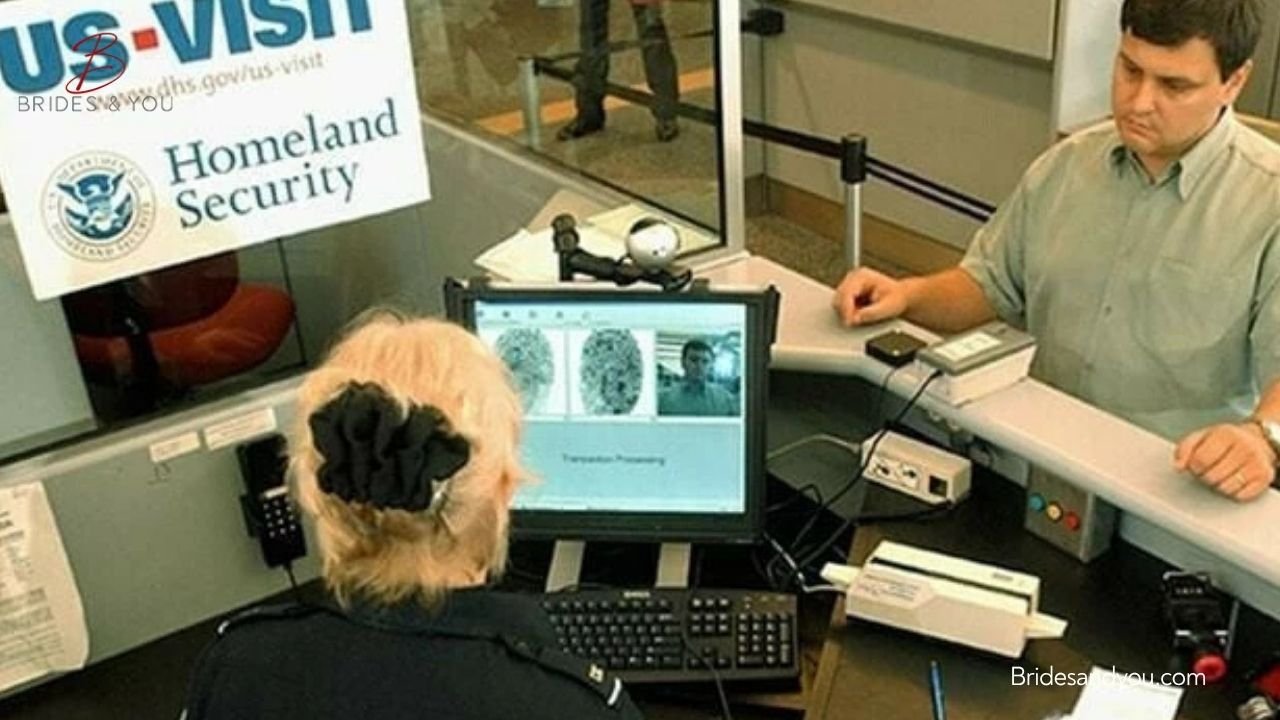Now Reading: US Tightens Visa Rules for Pakistani Applicants – Stricter Social Media Vetting Introduced
-
01
US Tightens Visa Rules for Pakistani Applicants – Stricter Social Media Vetting Introduced
US Tightens Visa Rules for Pakistani Applicants – Stricter Social Media Vetting Introduced

US Tightens Visa Rules for Pakistani Applicants: Stricter Social Media Checks Now Mandatory
In a major shift that could impact thousands of aspiring Pakistani students and exchange visitors, the United States has tightened visa rules for Pakistani applicants, particularly those applying under the F, M, and J non-immigrant visa categories. The U.S. Consulates in Karachi and Lahore have officially advised applicants to make all their social media accounts public during the application process—a move meant to enhance vetting procedures and confirm applicant identity.
What Are F, M, and J Visas?
Before we delve into the new requirements, it’s important to understand the nature of these visas:
- F Visa: For academic students wishing to pursue education in accredited U.S. institutions.
- M Visa: For vocational or technical training programs in the U.S.
- J Visa: Issued for individuals participating in exchange programs, such as scholars, interns, and au pairs.
These visas are lifelines for many Pakistani students and professionals seeking international education and exposure, and any tightening of the rules is bound to have serious implications.
Why the New Rules?
The new guidance follows a broader policy shift under the Trump administration, which reemphasized national security concerns and sought to intensify background checks, especially through digital platforms. While the requirement to provide social media handles on visa applications has been in place since 2019, this new directive takes it a step further by urging applicants to adjust their privacy settings to ‘public’.
“Effective immediately, all individuals applying for an F, M, or J non-immigrant visa are requested to adjust the privacy settings on all of their social media accounts to ‘public’ to facilitate vetting necessary to establish their identity and admissibility to the United States,” the U.S. Consulate stated via an Instagram announcement.
What This Means for Pakistani Applicants
The implications are significant. Any omission of social media details can now result in outright visa denial and future ineligibility. This could affect a wide array of applicants, from high school graduates seeking undergraduate education, to research scholars and exchange participants.
In an era where many people opt to keep their online presence private, this directive represents a stark shift in expectations. It’s no longer just about academic credentials or financial documentation; your digital footprint is now a major component of your eligibility.
A Broader Political Context
The enhanced scrutiny isn’t happening in a vacuum. It aligns with broader geopolitical tensions, including those involving China and recent Middle East conflicts. The U.S. has reportedly applied additional scrutiny to applicants with potential links to anti-Israel sentiments, mirroring policies in other immigration departments like U.S. Citizenship and Immigration Services.
This has led to criticism from rights groups who argue that the new guidelines could be used to suppress dissent and political opinions under the pretext of national security.
Key Takeaways for Future Applicants
If you’re planning to apply for a U.S. student or exchange visa from Pakistan, here’s what you need to do:
- Ensure your social media accounts are public during the application process.
- Accurately list all social media handles on your DS-160 or DS-260 forms.
- Avoid omitting any platforms—even if you think they’re irrelevant.
- Be mindful of the content you post and share, especially regarding political or controversial topics.
- Stay updated with official U.S. consulate announcements to avoid surprises.
These steps could make the difference between approval and denial in this new, more rigorous visa landscape.





















